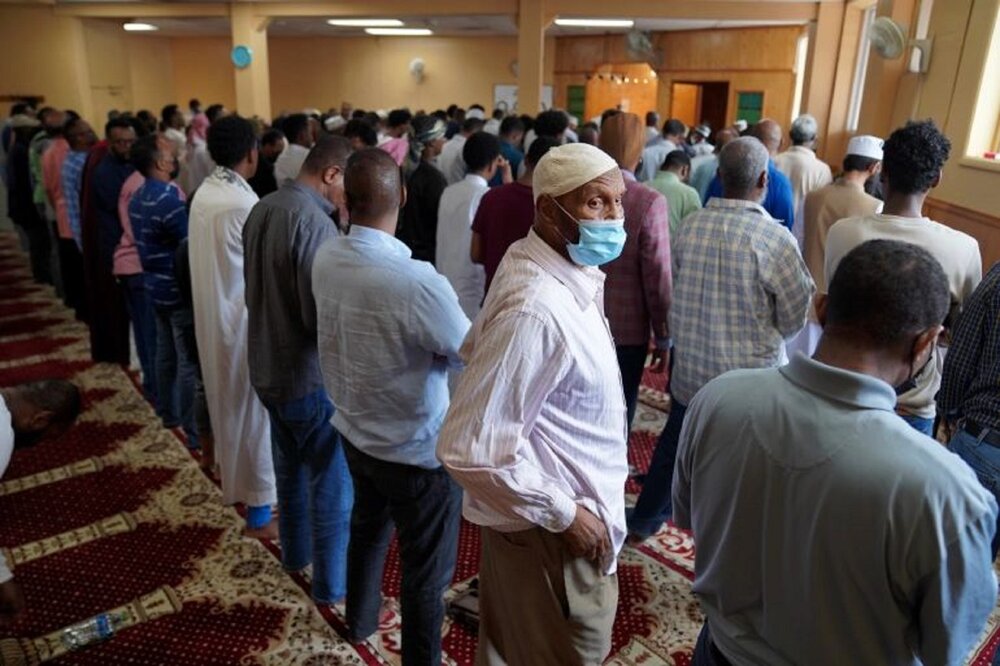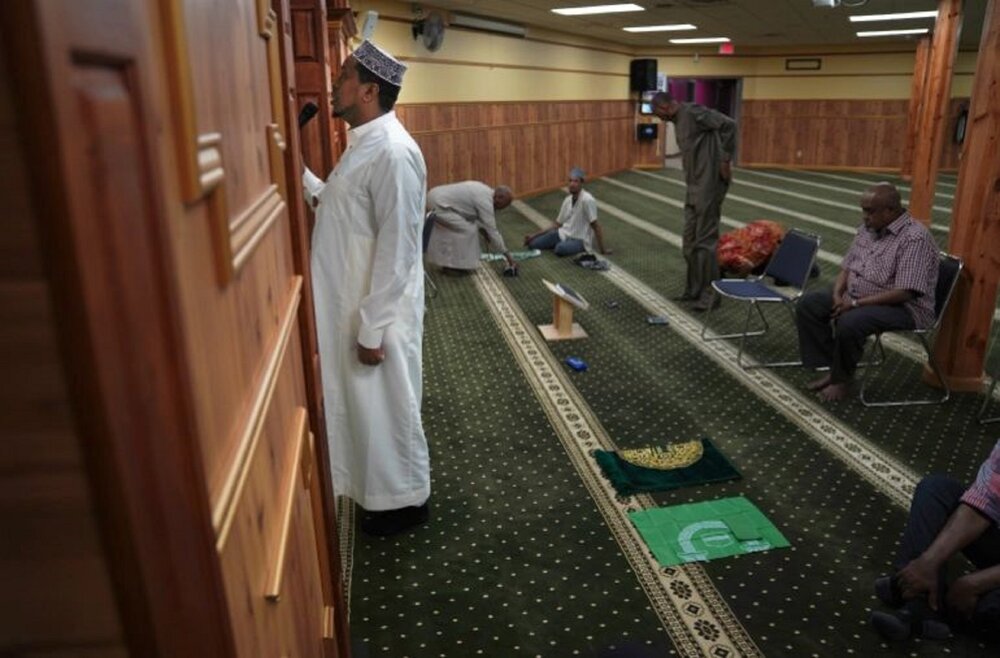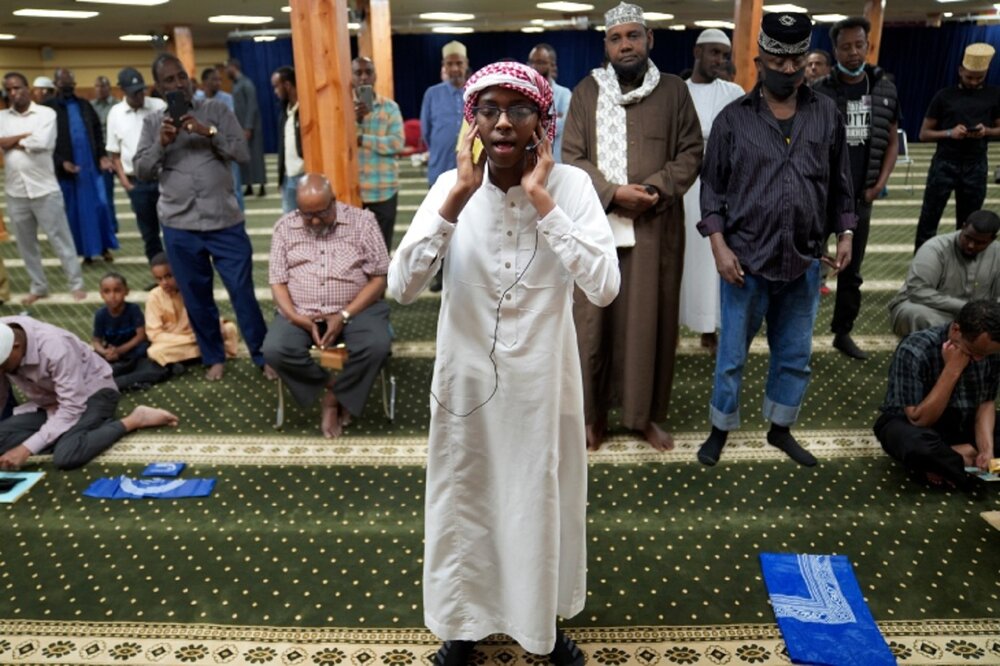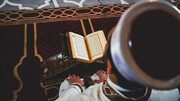Hawzah News Agency- Pastor Jane Buckley-Farlee was recently walking through her Minneapolis church’s Cedar-Riverside neighbourhood when an unexpected song broke out.
“I heard this music that sounded sort of heavenly,” she told Al Jazeera. At first, she did not know what it was – but after a few moments, she realised it was the adhan, or the Muslim call to prayer.
“It was echoing among all of the buildings, but it was still a little hard to hear with all of the traffic,” she recalled. “But it just made me smile. I stopped and listened and just smiled. I must have looked silly, but it was just so tender and beautiful.”
While public broadcasting of the adhan is common in Muslim-majority countries, Minneapolis recently became the first major city in the United States to allow it year-round after city council passed a resolution in March. Now, the city’s thousands of Muslim residents, many of whom are Somali immigrants, can hear the same familiar calls in the streets of their new hometown – and not just during the holy month of Ramadan.
Jamal Osman, a member of city council’s three-person Muslim caucus who proposed the resolution, said it was “a wonderful honour, the first recognition of Ramadan by the city, and acknowledging that the call to prayer can be broadcasted in Minneapolis”.

While the Dar Al-Hijrah Mosque in the city’s Cedar-Riverside neighbourhood, home to many Somali and other East African residents, has been broadcasting the adhan during Ramadan since 2020, others are now preparing to join it year-round. At the Abubakar as-Saddique Islamic Center near the city core, the adhan will begin ringing out sometime before the end of September, said executive director Abdullahi Farah.
“We want to be respectful and listen to feedback before we do it,” Farah told Al Jazeera, noting that the centre plans to hold a community consultation event in the coming weeks.
Because the five daily calls to prayer are based on the rise and fall of the sun, the earliest and latest calls will likely remain internal for most of the year, Farah said. The volume would be roughly the same as church bells – audible but not disruptive to the neighbourhood.
“It’s a tremendous opportunity for us to reach our neighbours and the wider community, but first and foremost it’s an opportunity for us as Muslims. It reminds us of back home,” Imam Mowlid Ali told Al Jazeera.
“It reminds us that we belong here. It reminds us that we’re not hiding our faith. In a way, it increases our confidence and also our sense of belonging to this community.”
Building bridges
Among the broader community, the regular broadcasting of the adhan will allow residents of various faiths and backgrounds “to get to know this beautiful song and what it means”, Ali said.
“It’s a way of inviting people to come to the mosque, because there is a passage in the Quran that says ‘come to prayer, come to success,’” he added. “So it’s an invitation to the neighbours and to the public to really come to the mosque and get to know the Muslim community.”

AJ Awed, who helps develop policies and programming strategies for the Cedar-Riverside Community Council neighbourhood association, said the city’s recent resolution marks the fulfillment of a campaign pledge by Osman.
“Efforts like this are always beneficial,” Awed told Al Jazeera. “It helps build bridges across understanding, and a sense of home when you have your own cultural and religious values being respected in such a manner.”
The initiative has drawn only positive feedback from the community thus far, he added.
“Our community is, at large, very tolerant and very much accommodating,” Awed said. “And [the call to prayer] really isn’t that loud – it’s just loud enough for the immediate vicinity.”
Buckley-Farlee said she found the adhan to be a soothing sound. “I think it’s great,” she said. “I appreciate hearing it, because it reminds me of how big God is – that we all have these different lenses for trying to figure out how this whole God thing works … Just to be made aware of that on a regular basis is great.
“And I know that when it sounds in the neighbourhood, it really touches the Muslims deeply,” Buckley-Farlee added. “They feel like they’re home again and that they’re welcome and safe – all of those good things.”





Your Comment